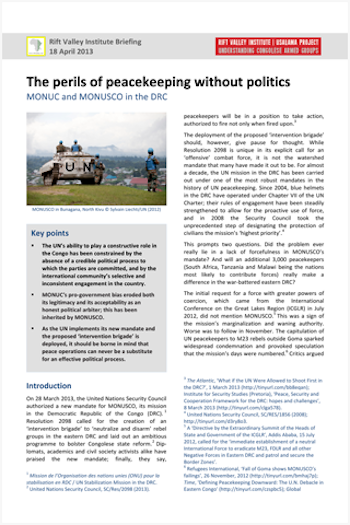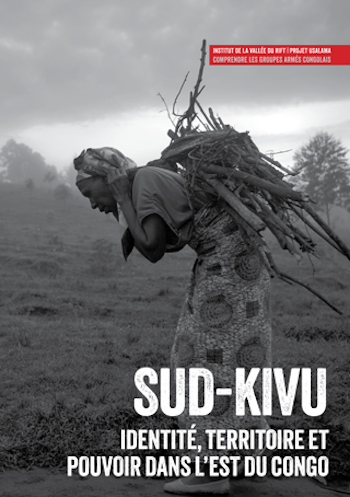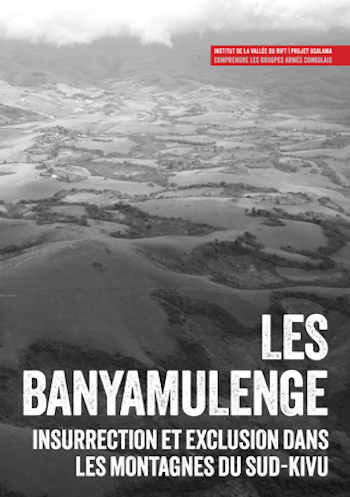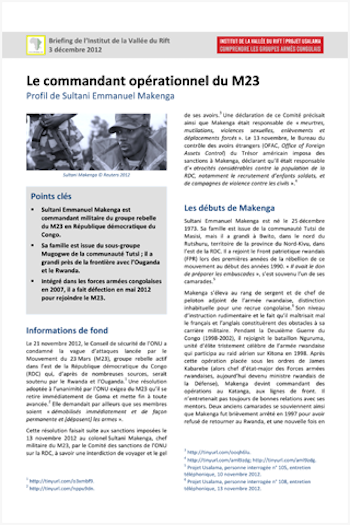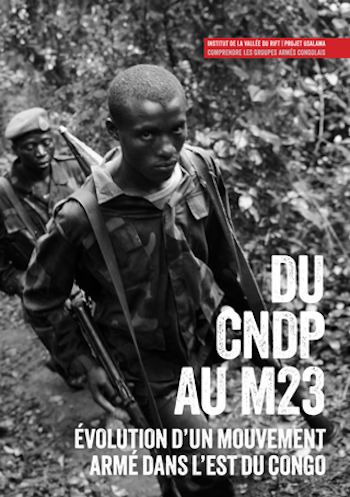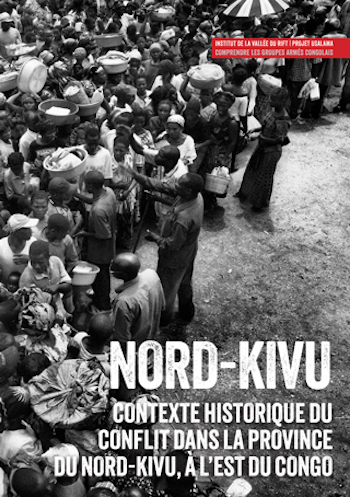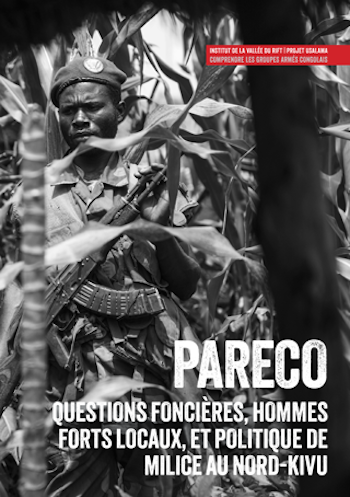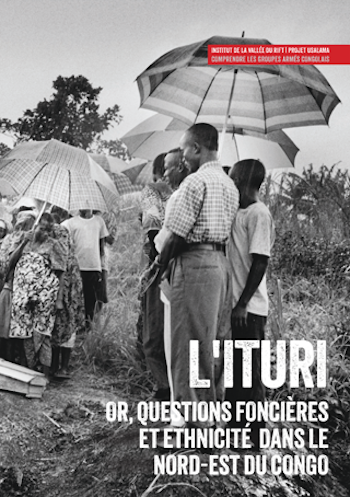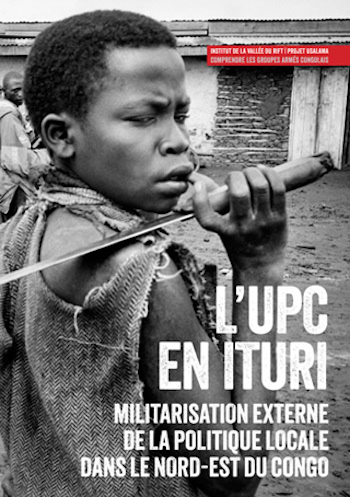This Usalama Briefing Paper sets out the history of UN involvement in the eastern DRC and analyses the challenges that continue to face the mission, even as it prepares to deploy a new intervention brigade, charged with neutralizing and…
RVI publishes books, research reports, research papers, briefings and meeting reports in a range of formats. Publications cover policy, research, arts, culture and local knowledge in the countries of eastern and central Africa. Research publications—books, reports and papers—are peer-reviewed. Some RVI publications are also available in French and/or Arabic.
The RVI is a signatory of the Budapest Open Access Initiative (2001); all publications are free for download in PDF format under Creative Commons licences. The views expressed in books and reports published by the RVI are those of the authors, not the Institute.
SEARCH
PUBLICATION TYPE
LANGUAGE
REGION
COUNTRY
Ce rapport Usalama par Koen Vlassenroot décrit la dynamique historique à l’origine des mouvements armés au Sud-Kivu, en mettant plus précisément l’accent sur la période située avant la Première Guerre du Congo. La province du Sud-Kivu se trouve au…
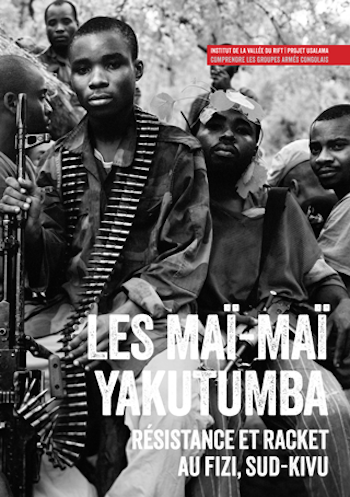
- By Jason Stearns, Anonymous
- Download
Ce rapport du Projet Usalama examine les Maï-Maï de William Amuri Yakutumba, un groupe qui, initialement, ont été démobilisé après la Deuxième Guerre du Congo (1998-2003). Cependant, après avoir peiné de trouver d’autres moyens de subsistance, ils ont remobilisé,…
Ce rapport Usalama par Jason Stearns et al. examine les Banyamulenge, une communauté Tutsi vivant dans l’est de la RDC qui s’est trouvée au coeur des multiples conflits qui sévissent de manière intermittente dans l’est de la RDC depuis…
Ce briefing du Projet Usalama présente une biographie concise du commandant en chef du M23, Sultani Makenga. Il décrit son ascension dans les rangs, son adhésion précédente au Rassemblement congolais pour la démocratie (RCD) et au Congrès national pour…
Ce rapport du Projet Usalama explore les racines de la plus récente rébellion dans l’est de la RDC. Il discute aussi les implications de la rébellion sur les voisins à l’est de la RDC, le Rwanda et l’Ouganda, qui…
Ce rapport du Projet Usalama résume le contexte historique de la profusion des groupes armés qui ont surgit dans les deux dernières décennies dans la province du Nord-Kivu en RDC. Le rapport sert à démystifier les nombreux factions armées…
Ce rapport du Projet Usalama traite des origines et activités de la PARECO, la Coalition des patriotes congolais résistants, une faction qui a surgit de griefs locales au sujet de questions foncières, devenait puissant comme réponse au CNDP et qui…
Ce rapport par Dan Fahey fournit le contexte historique des années de conflit dans le district de l’Ituri dans le nord-est du Congo. La nature particulièrement violente de la guerre qui sévit en Ituri––massacres à grande échelle, violences sexuelles…
Ce rapport Usalama par Henning Tamm étudie la convergence des facteurs qui ont contribué à la formation puis à la dislocation de l’Union des patriotes congolais (UPC), l’un des groupes armés les plus puissants de l’Ituri. Créée dans le contexte…
Recent Publications

Political Economy of Cash and Markets in Sudan
February 27, 2026
The research provides a snapshot of the war in Sudan in the period from February to April 2025. However, the war is dynamic, with political alliances and territorial control changing. The April 2023 conflict between the Sudan Armed Forces (SAF)

Rethinking Ethiopia II: Youth and politics
February 26, 2026
Seminar report Rethinking Ethiopia, a collaborative essay competition initiative between Addis Ababa University’s Institute for Peace and Security Studies (IPSS) and the Rift Valley Institute’s (RVI) Peace Research Facility (PRF), offers a platform for Ethiopian youth to express their ideas

2025 Year in Review
February 16, 2026
The 2025 Year in Review provides an overview of the Rift Valley Institute’s work over the past year across eastern and central Africa. The report highlights RVI’s research and publication outputs, education and training activities, and public forums and convenings,

